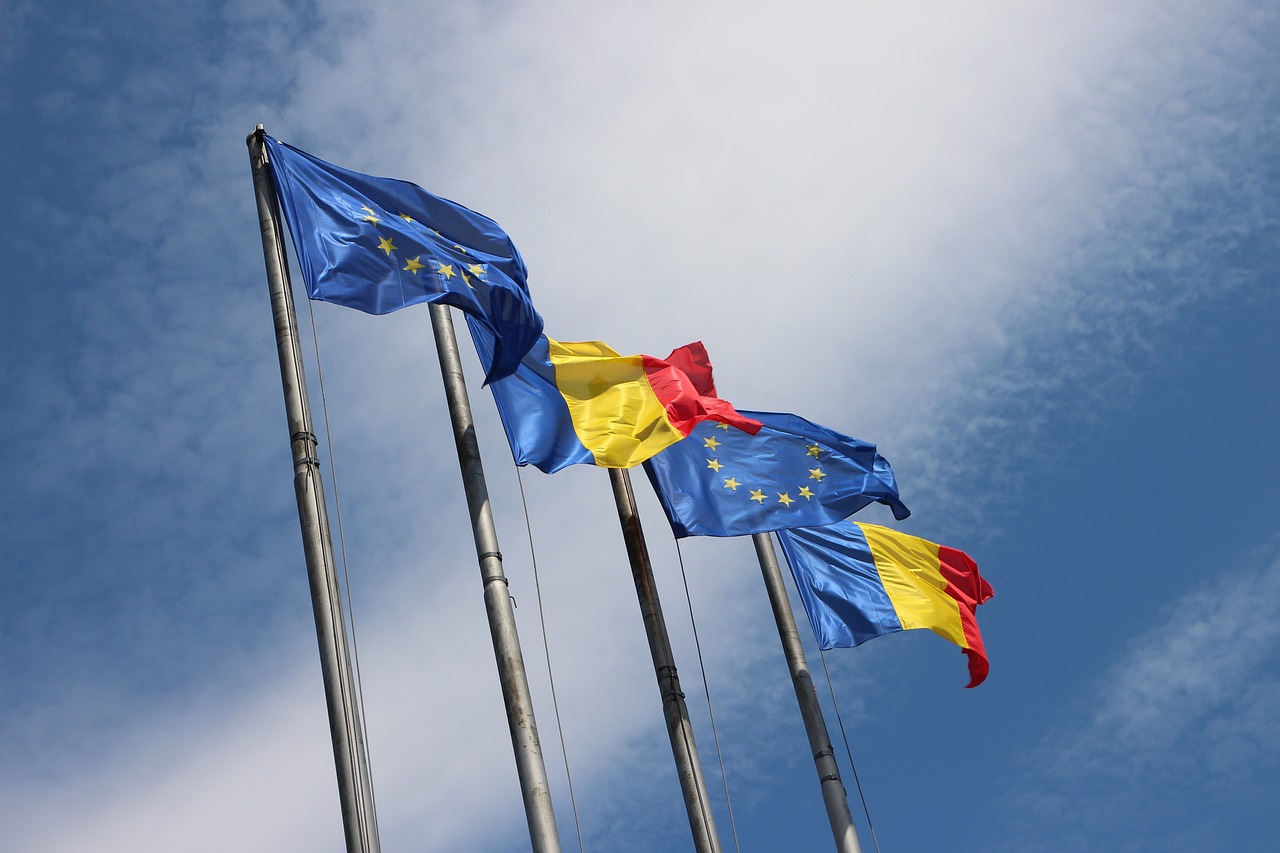Romania’s constitutional court has annulled the first round of its presidential election amid mounting evidence of cyberattacks and social media influence campaigns, raising questions about the integrity of the electoral process. The attacks, reportedly linked to Russian interests, targeted Romania’s central election systems and spread pro-candidate propaganda on TikTok.
A declassified report from Romania’s Intelligence Service revealed that over 85,000 cyberattacks originating from 33 countries occurred on November 19, compromising key election infrastructure. Hackers employed techniques such as SQL injection and cross-site scripting to manipulate voter registration websites, ultimately leaking sensitive account credentials on a Russian hacker forum just days before the election. Authorities suspect state-sponsored actors due to the scale and coordination of the attacks.
Beyond the cyber intrusions, Romanian officials uncovered an organized social media influence campaign supporting presidential candidate Calin Georgescu. More than 100 Romanian TikTok influencers, with a combined audience of eight million followers, were allegedly paid to share content favoring Georgescu. Starting mid-November, dormant TikTok accounts suddenly became active, using specific hashtags to boost pro-Georgescu content. By November 26, his campaign videos had surged into TikTok’s trending charts.
Investigators linked the TikTok campaign to Russia, noting similarities with previous influence operations in Moldova. However, while the Intelligence Service highlighted textual overlaps and strategic motives—stemming from Romania’s NATO ties—Russia has not been explicitly named as the perpetrator.
Citing the compromised integrity of the election, Romania’s constitutional court has called for a complete re-run. While this decision seeks to restore faith in the democratic process, it underscores the growing vulnerability of elections to foreign interference and advanced cyber threats.
The annulment of Romania’s election highlights a critical lesson for democracies worldwide: robust cybersecurity and media literacy are no longer optional but essential. The scale of these cyberattacks and the influence campaign on TikTok show how vulnerable electoral processes are to foreign interference. Governments must invest in safeguarding digital infrastructure and countering disinformation, or risk losing public trust in the very foundations of democracy.










